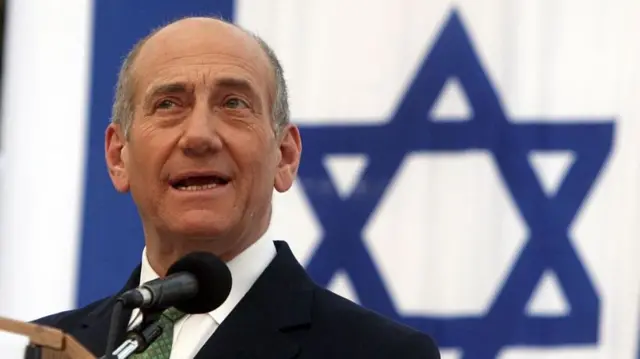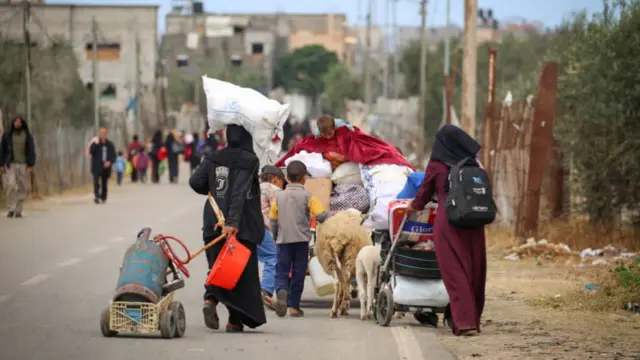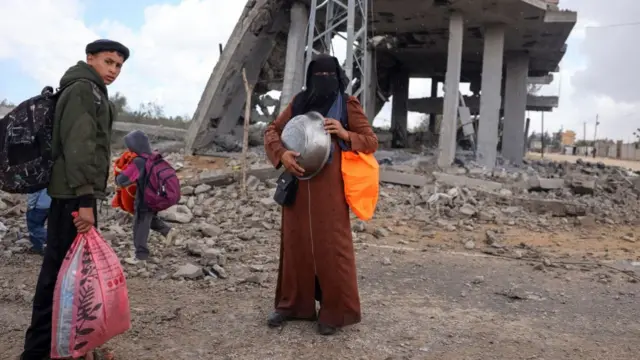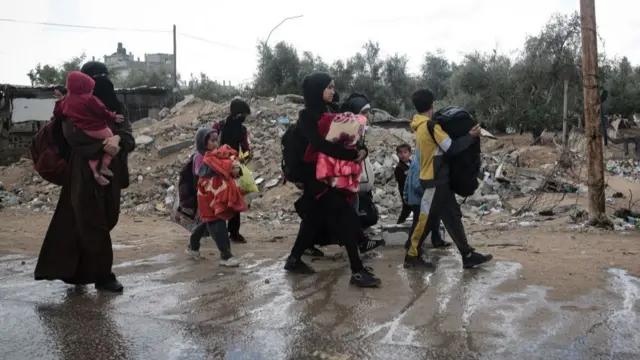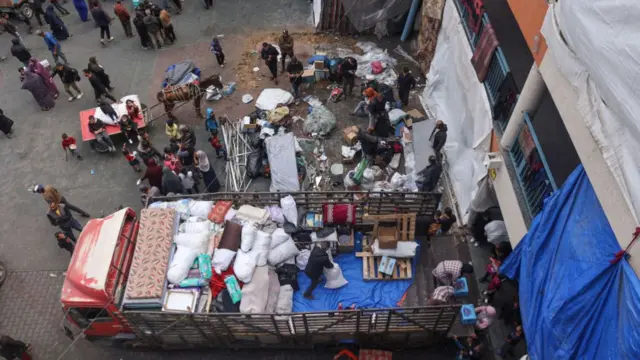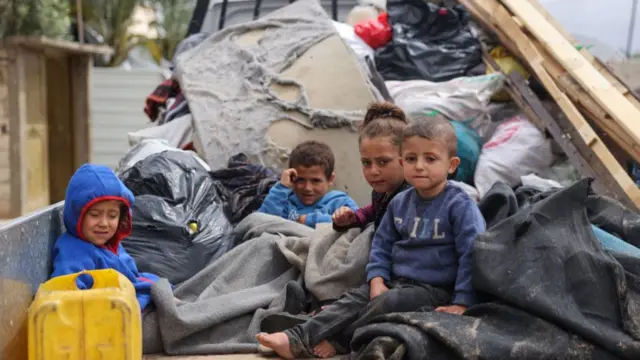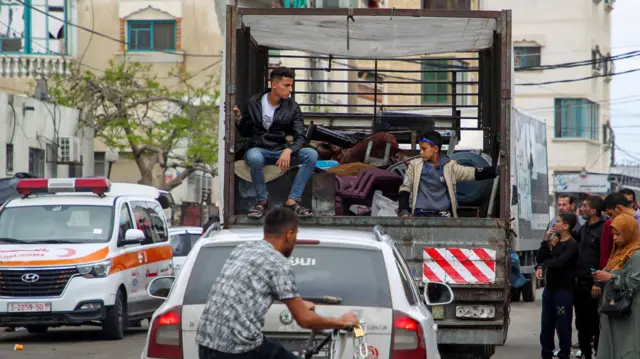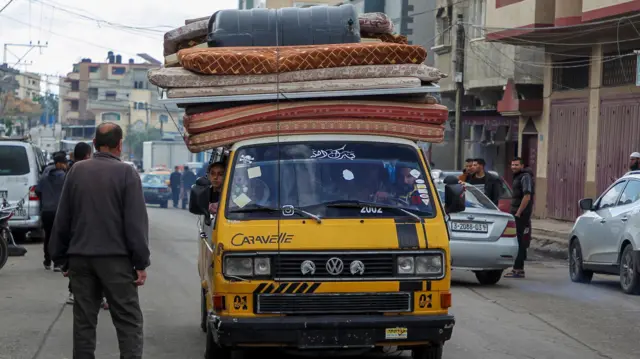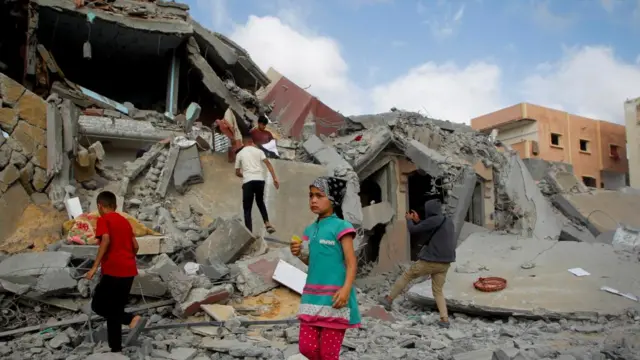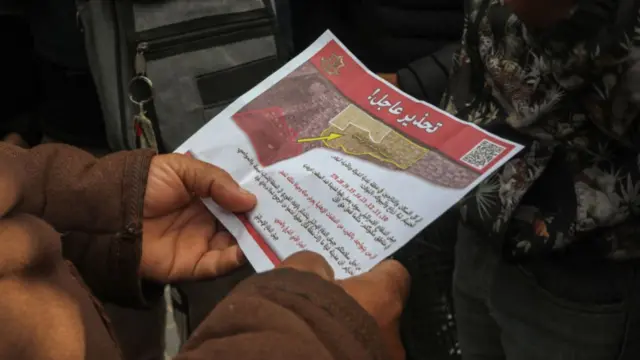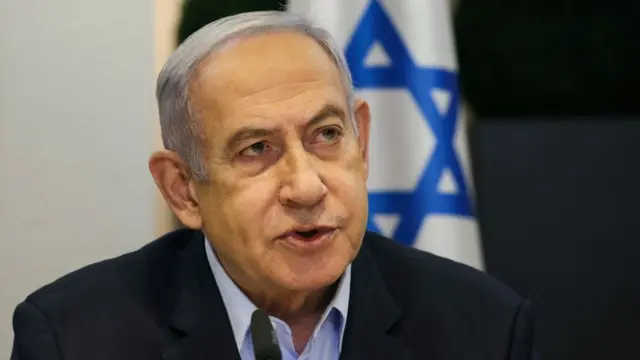British surgeon escapes Rafah as bombs fall overheadpublished at 15:16 BST 6 May 2024
 Jacqueline Howard
Jacqueline Howard
Live reporter
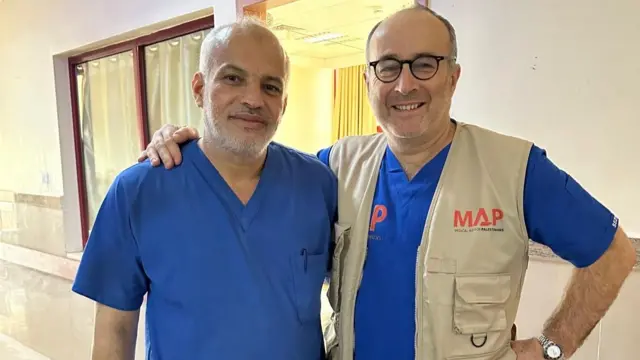 Image source, Professor Nick Maynard
Image source, Professor Nick MaynardProfessor Nick Maynard, right, alongside his colleague, Gazan surgeon Ayman Saad
A short while ago, I was in contact with Professor Nick Maynard, a British surgeon volunteering in Gaza.
As we spoke, bombs began to fall and gunfights kicked off as he approached the Rafah crossing to return to the UK.
It began with two strikes, which shot plumes of smoke into the air, before descending into “non-stop bombing surrounding the crossing”, Maynard told me.
There was a lot of uncertainly as to whether he would be able to cross the border at all – at one point, it was thought they would have to turn back.
He told me the Palestinian officials stationed at the crossing were junior and were “as much in the dark as we were” about the bombs falling overhead.
The permission to cross into Egypt came suddenly, he said, and once he was safely across on the Egyptian side, we spoke again.
"I can still hear the bombs, and the bombs are so close that the buildings here are shaking,” he said.
